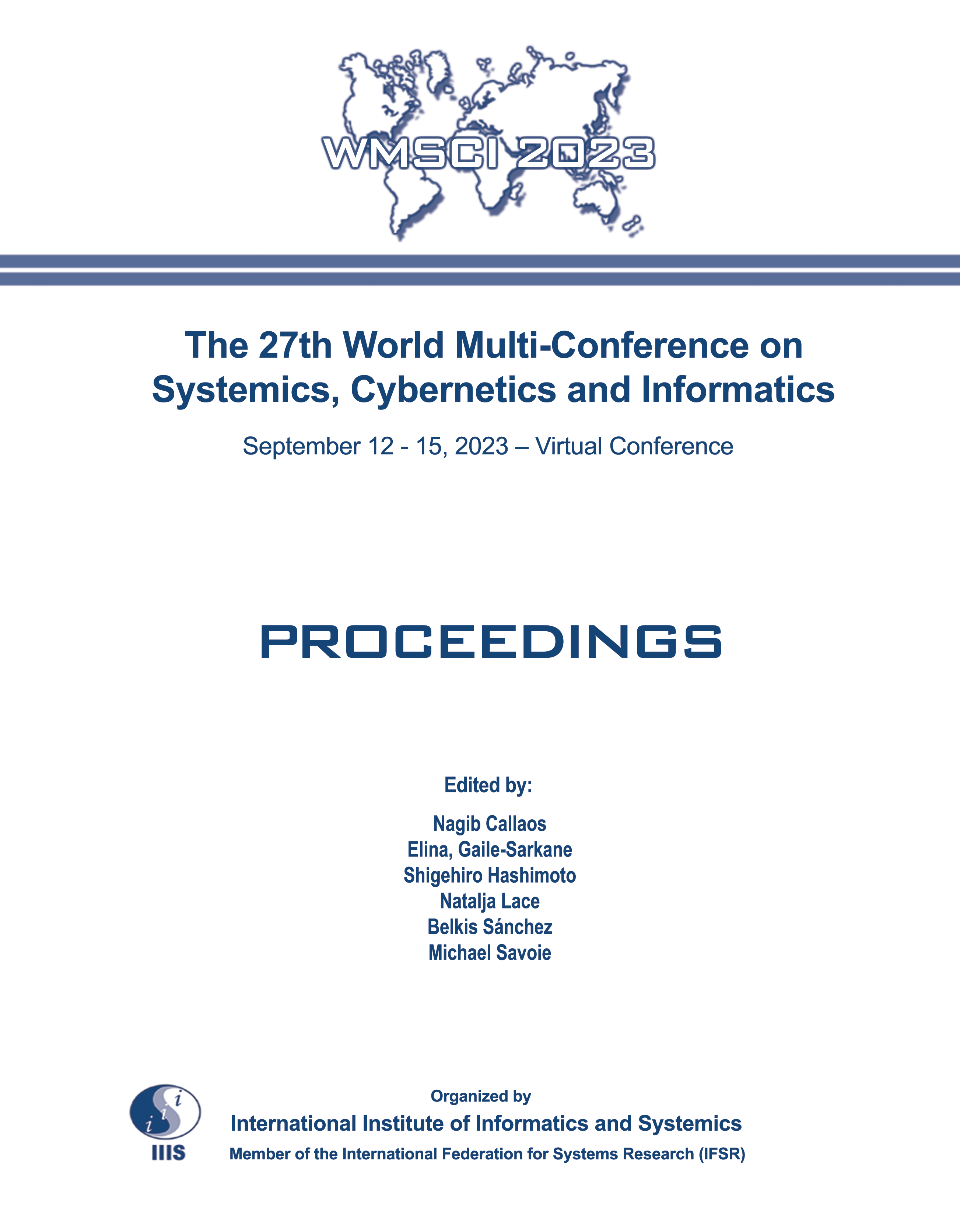2023 Summer Conferences Proceedings

|
Application of the Arduino Computer Platform as a Multimeter in Education
Lejla Jelovica, Nataša Erceg, Ante Bilušić
Proceedings of the 27th World Multi-Conference on Systemics, Cybernetics and Informatics: WMSCI 2023, pp. 422-428 (2023); https://doi.org/10.54808/WMSCI2023.01.422
|
The 27th World Multi-Conference on Systemics, Cybernetics and Informatics: WMSCI 2023
Virtual Conference September 12 - 15, 2023 Proceedings of WMSCI 2023 ISSN: 2771-0947 (Print) ISBN (Volume): 978-1-950492-73-2 (Print) |
|
Abstract
The development of new technologies offers numerous opportunities for the use of electronic devices in education, where there is a wide range of advanced computer tools that offer great potential for enriching the learning process and developing students' skills. For example, the Arduino computing platform allows students to learn physics interactively by participating in the design and construction of innovative measurement devices and experimental setups. In this paper, we have demonstrated the possibility of introducing modern technologies into the classroom laboratory. By combining familiar Arduino codes, we programmed an Arduino board as a multimeter to measure the electrical properties of various diodes, resistors, and capacitors, such as the threshold voltage and diode current in both polarization modes, and to determine the capacitance of capacitors and the unknown value of the electrical resistance of various types of resistors with high accuracy (99%). We also tested different capacitors and semiconductor diodes to determine their functionality. In this way, students can achieve learning outcomes related to the electrical conductivity of conductors and semiconductors as fundamental electronic concepts through the use of modern technology. Unlike traditional experiments, this approach can be tailored to different educational levels: secondary, undergraduate, or graduate.
|
||




